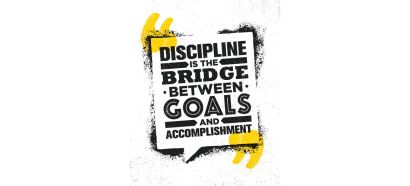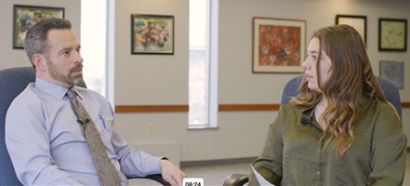Featured Videos
What is Professionalism?
When we hear the word professionalism, most of us think of people in high paying jobs – Doctors, Lawyers, Business Owners, Accountants, and Teachers – people who dress in high priced suits and command respect because of their position, or those who are highly educated and work trying to make a difference in the world. We’re right, but only to a point. This narrow definition of professionalism doesn’t go far enough. There’s so much more to it. First, let’s add Students to our list.
Professionalism is something we should all try to achieve, whether we plan to go to college, to get a job in manufacturing or sales, or to be a stay-at-home Mom or Dad. Professionalism is being someone who can be counted on, who does what is right, who has a good attitude and does his or her job well – every time.
Professionalism is a combination of a great attitude, taking action, and being open to learning. Here are a few skills a true professional develops.
- Be on time. Not calling in sick because we stayed out late, or we didn’t finish a school project, or just don’t feel like getting up. Being on time, every time, means we respect the people and organization we work for and with, and can be counted on when things get difficult.
- Dress appropriately. It means wearing clean, neat apparel that our school or job requires. Whatever the dress code, clothes should always be clean. So should we. No one wants to be around someone who smells or looks like they pulled their clothes out of the hamper before they were washed. It’s just icky.
- Use appropriate language. Using foul language diminishes us. It’s rude and makes us look small, rather than strong and educated. It’s disrespectful to people around us. Unfortunately, we hear it all the time on TV and social media. It is not professional, no matter how good our grades are or high up the ladder we climb. A true professional thinks before he or she speaks.
- Be honest. This may be the most difficult skill to practice, every day every time. It’s so much easier to pretend we don’t know how something bad happened, or make an excuse when we don’t get our work done. Lying to avoid a confrontation or to make a friend feel better never works out in the long run – the truth eventually comes out. Admitting our mistakes, and speaking truthfully and gently is a sign of professionalism.
- Professionalism implies that we are experts, so become an expert in what you want to do. Learning new things and new ways of getting tasks done broadens us as people, makes us more interesting and, eventually, more valuable as employees. We are becoming part of a world culture, with new technology constantly changing. So being open to learning and change is crucial. Which leads us to the last skill, and perhaps the most important skill a professional develops.
- Adopt high moral standards. Stand up for what is right and fair. It’s so much easier to say nothing, rather than to stand up for something or someone that is unpopular, even though we know it’s the right thing to do. If we don’t like the rules, we need to speak up and to try to change them within the limits of the law. If we feel someone is being treated unfairly, we should to try to stop it, even if it just means reporting it to someone who has the power to make it stop. Adopting high moral standards requires us to have compassion for others and to work to keep our environment safe. No easy task.
But no one said being a professional was easy! But it can be a lot of fun, and we’ll be proud of who we have become.
Recommended Links
- Ohio Means Jobs Readiness Seal





